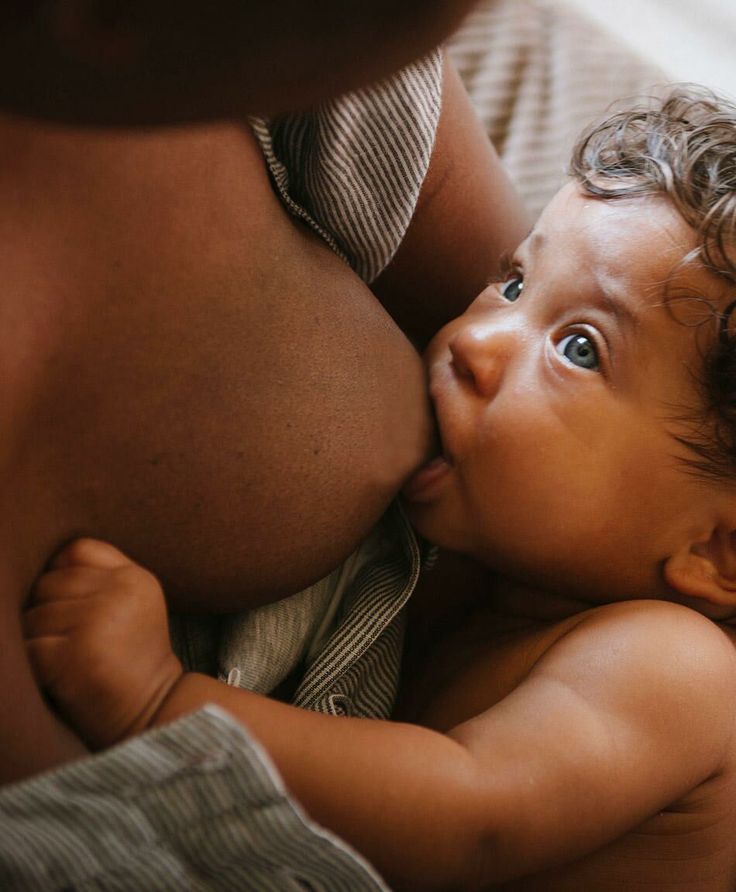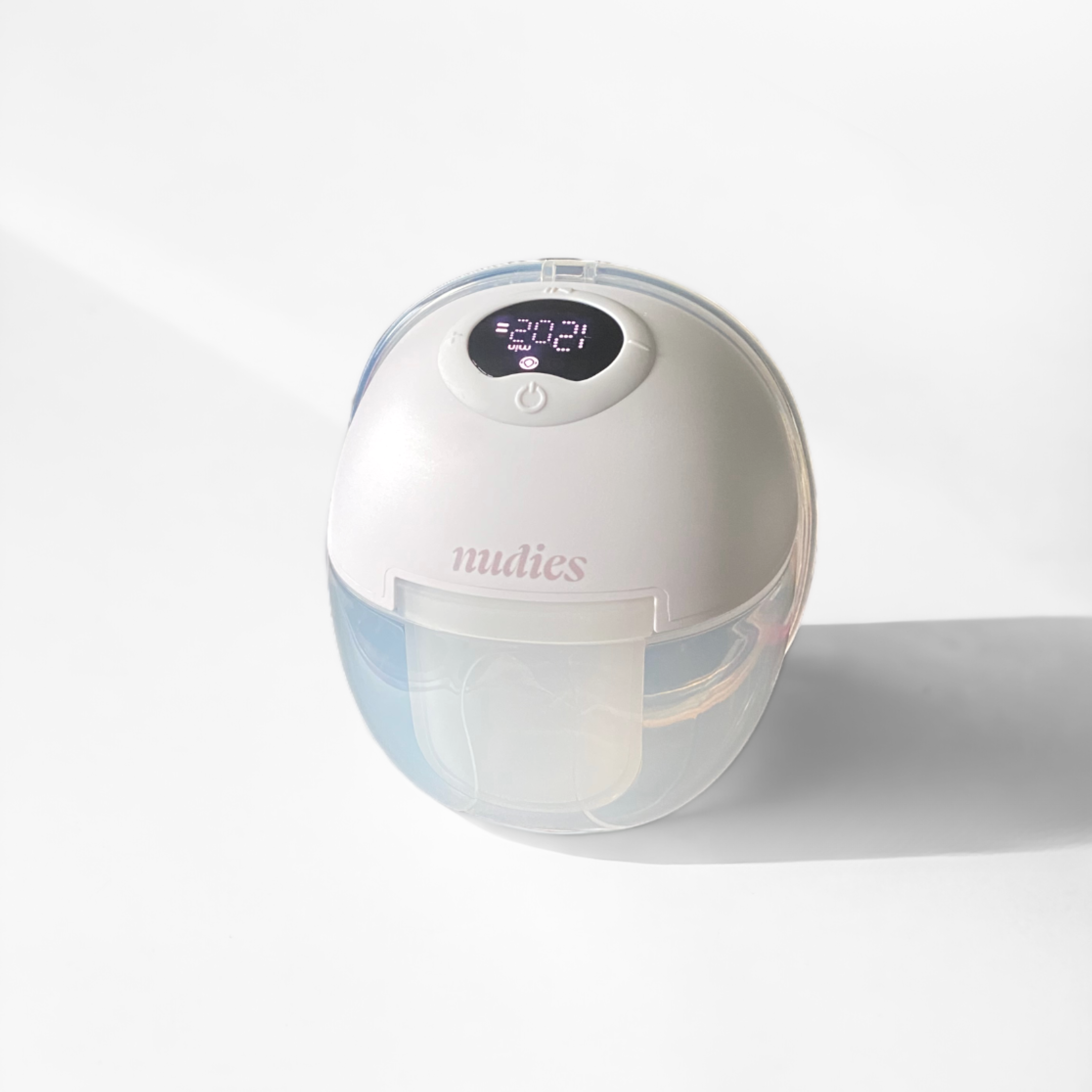Breastfeeding your first baby often brings a mix of excitement, uncertainty, and a steep learning curve. Many new mothers face challenges such as finding the right latch, dealing with sore nipples, and worrying about milk supply. However, by the time your second baby arrives, you likely have a better idea of what to expect and more confidence in your ability to breastfeed.
Mammary Gland Memory

Faster Milk Production
One of the key differences between breastfeeding your first and second baby is the concept of mammary gland memory. Your body has already undergone the process of milk production once, and it "remembers" how to do it more efficiently the second time around. This means that with your second baby, your milk is likely to come in faster, and you may produce more milk, especially in the early days postpartum. This is due to the mammary glands being primed by the hormonal changes from your previous pregnancy, allowing them to respond more quickly and effectively.
Emotional Changes
Increased Confidence
Emotionally, you might find that you are more confident with your second baby. Having gone through the process before, you’re more familiar with the ups and downs of breastfeeding. You’ve likely developed strategies to handle common issues like cluster feeding, growth spurts, and balancing breastfeeding with other responsibilities.
Different Experiences with Each Baby
However, it’s important to note that no two babies are the same. Each baby has unique feeding patterns and preferences. While your first baby might have had a particular routine, your second might prefer something entirely different. This requires flexibility and responsiveness to their individual needs.
Managing Multiple Children
Moreover, breastfeeding your second baby often comes with the added challenge of managing another child at the same time. This can make finding time and focus for breastfeeding more difficult. To ease this transition, involving your older child in the care of the new baby can be helpful. Simple tasks like bringing you a diaper or a snack can make them feel included and reduce feelings of neglect.
Summary

While breastfeeding your first baby involves a significant learning curve, the experience and physiological changes you gain can make breastfeeding your second baby smoother. The mammary glands’ memory helps with quicker and more abundant milk production, and your previous experience gives you the confidence and knowledge to navigate this period.
A lot of moms think “I didn’t make enough milk for my first so why bother trying with my second? I don’t want to fail again.” But maybe this knowledge will help them reconsider! Remember, each baby is unique, and being adaptable to their needs will make the breastfeeding experience rewarding for both you and your baby.
If you have any strategies or experiences to share, let us know in the comments how you managed your initial pumping times.






